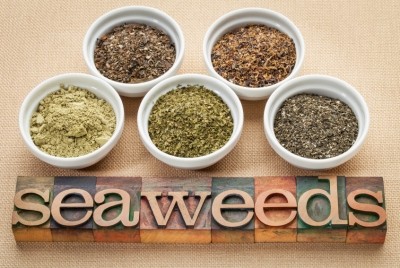1100 foods, 113 nutrient values
Danes launch vast food database

Managed by the National Food Institute at Technical University of Denmark, ‘Fødevaredata’ updates 125 year old data and nutrient tables published since the 1980s and tables 1100 foods and 113 nutrient values.
“Fødevaredata is the main source of food data in Denmark providing data for virtually all other food data purposes in Denmark,” Erling Saxholt, academic officer at the National Food Institute (NFI) told FoodNavigator.
In a news release NFI senior advisor Tue Christensen explained “data is used to calculate nutrient intake in dietary surveys, assess the risk and impact of food fortification, calculate a food’s nutrient content for use in labelling, assess the nutritional implications of dietary advice and to plan the composition of one’s diet."
Asked about the new database users Saxholt told us “Our users can ask us questions directly via Fødevaredata’s contact facility.”
“This gives us an idea of who our users are and what they want to know. Users range from the ordinary citizen to health professionals, doctors, food scientists and food producers and marketing professionals.”
He said that the data is also used in many computational tools such as the so-called ‘Keyholecalculator’ published by The Danish Veterinary and Food Administration (DVFA) on the internet and used to calculate the nutrition facts on the food packaging.
Food information explosion
Fødevaredata will significantly expand the kind of food information available to industry, regulators and consumers, Saxholt said.
“The underlying data structure and our entire data philosophy is changed and renewed with this release. This means that the future can offer many more types of information on foods such as bar codes, trademarks, ingredient lists and more.”
Since the previous release in 2008, more foods have been included and search terms have been improved making the database more comprehensive not to mention user-friendly and searchable on devices like smartphones and tablets.
Food survey
We asked Saxholt if the database revealed changes in the Danish population’s diet, health or otherwise “The data in Frida fooddata reflects largely the Danish diet as the food sampling for the analytical projects is designed to take this into account. As a pilot project for all food projects in Frida, we perform a food survey that will reveal changes in the food market as well as to the food.
“The health value of foods is a science that falls a little outside our work, and we do not go into this debate without a full and thorough review,” he said.
























